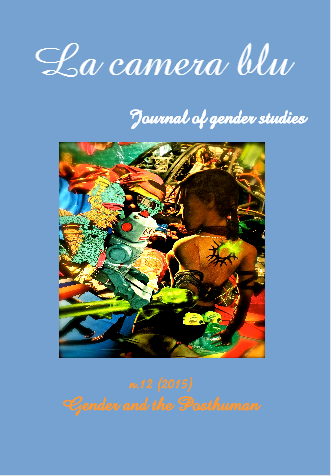Posthumanism, Cyberculture & Postcolonialism in Manjula Padmanabhan’s «Harvest»
DOI:
https://doi.org/10.6092/1827-9198/3674Keywords:
posthuman, cyberculture, postcolonialism, body, identityAbstract
Cyberculture’s influence in our lives and its possible threat to human physical identity is well documented in Harvest. American Virgil, posing as Ginni, seduces and controls the Prakash family. He uses gadgets like the “Contact Module” or the “Video Couch” to disperse identity through “cybernetic circuits”. Both the receiver and the donor assume new identities in the digital arena. Harvest highlights important questions about “digitization” of identities and separation from the physical form. Can a body “vacated” of its owner be claimed by another? How is identity determined if cyberspace can disguise one’s gender, class or race to divest them of their unique markers? Problematization of identity in cyberspace is pivotal to the discourse of postcolonialism. For marginalized bodies identity politics and suffering is rooted in the physical body. In Harvest, first world exploits the third world via wireless communication and unlimited money. Jaya sustains a postcolonial resistance to such capitalist domination. She claims her body, evocative of her dignity, through the corporeal limitation of death − the postcolonial Other’s triumph in the colonizer’s world of coercion and control.Downloads
Download data is not yet available.
Downloads
Published
2015-10-27
How to Cite
Chanda, S. (2015). Posthumanism, Cyberculture & Postcolonialism in Manjula Padmanabhan’s «Harvest». La Camera Blu, 11(12). https://doi.org/10.6092/1827-9198/3674
Issue
Section
Postcolonial and transnational feminisms
License
La camera blu is an open access, online publication, with licence CCPL Creative Commons Attribution 3.0 Unported


